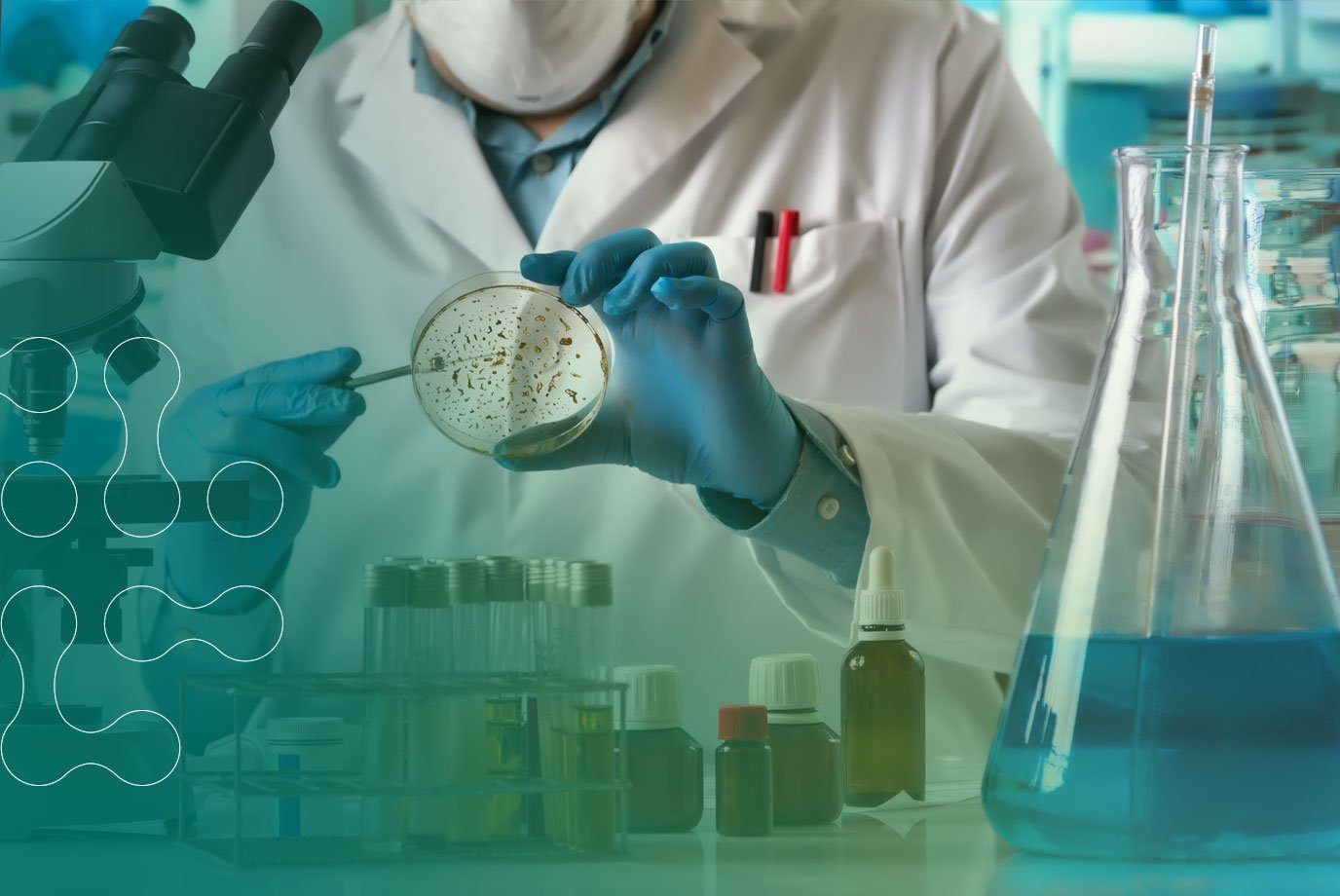London is a city with a rich history and traditions, but it is also at the forefront of modern sustainability and environmental stewardship. The palpable commitment to creating a cleaner, healthier, and more sustainable urban environment is evident in various ways, including the focus on improving indoor air quality (IAQ).
IAQ is a crucial aspect of sustainability that directly impacts public health and overall well-being. This article sheds light on the critical role of IAQ in London's sustainable facility management and how biotech products can help drive the shift towards a cleaner and more sustainable future.
The significance of sustainable facility management

Facility management plays a central role in London's sustainability initiatives. But the effort is not just about creating aesthetically pleasing environments; it's about ensuring our spaces are eco-friendly and health-conscious.
Numerous research studies support the notion that sustainable facility management practices can significantly reduce the environmental footprint of buildings and enhance the overall quality of life in urban areas.
For instance, the British Institute of Facilities Management (BIFM) reported that facilities management initiatives, including energy-efficient technologies and practices, have saved London-based businesses an estimated £1.4 billion annually.
Biotech products are entering the scene as game-changers in facility management. They bridge the gap between sustainability and efficiency, ensuring occupants a cleaner and healthier environment.
Harnessing Biotechnology to improve air quality
 But what exactly are biotech products, and how can they contribute meaningfully to enhancing Indoor Air Quality (IAQ)?
But what exactly are biotech products, and how can they contribute meaningfully to enhancing Indoor Air Quality (IAQ)?
Biotech products represent a marriage of science, technology, and nature. They harness the extraordinary power of biological and chemical processes to transform how we maintain our built environments.
The transformative role of Biotechnology
Biological Preparations' biotech products are precision-engineered to deliver unparalleled IAQ enhancement, setting new standards in facility management.
These products are not mere cleaning agents; they are the future of cleaner, healthier living and working spaces. Backed by rigorous research and development, Biological Preparations' offerings go beyond the superficial to address the root causes of indoor air pollution.
Examples of Biotechnology in facility management
To truly appreciate the impact of biotech products, it's essential to showcase concrete examples of how they are used in facility management to enhance IAQ. Imagine a commercial space where air purification systems are silently at work, removing pollutants, allergens, and contaminants, leaving fresh, pure air behind.
These examples are not just theoretical; they are real-world applications that reflect the transformative power of biotech products.
A not-for-profit provider of Retirement Living and Extra Care properties for older people of modest means, Housing 21 partnered with us to tackle a significant air quality challenge with our odour control:
“Residents and carers have noticed the change and have made comments on the nice smell.”
The fascinating world of microbiology reveals the remarkable ability of microbes to multiply and swiftly form what scientists call a "biofilm." This biofilm grants microbes a unique advantage, enabling them to penetrate porous surfaces like carpets, where they exert their influence in ways that conventional cleaning products cannot replicate.
The true wonder lies in the fact that this process extends far beyond removing visible and unpleasant odours; it addresses the very root cause of the issue. By pinpointing the source of odours, BioHygiene products achieve a level of effectiveness that transcends the superficial.
What does this signify for facilities management?
It translates into a level of odour control that is not merely transient but enduring. As BioHygiene products unearth and eradicate odours at their source, they ensure that unwelcome scents do not make a comeback.
This aligns perfectly with the concept of enhanced indoor air quality (IAQ) – because it is not solely concerned with appearances; it emphasises comprehensive, deep-seated cleanliness that enhances the aesthetics of your spaces and fosters a fresh and inviting atmosphere.
Environmental benefits of biotech products in facility management
 Environmental responsibility is a top priority, and the significance of biotech products in the retail and facility management industry cannot be understated. These products embody sustainability.
Environmental responsibility is a top priority, and the significance of biotech products in the retail and facility management industry cannot be understated. These products embody sustainability.
They minimise waste, reduce harmful emissions, and promote a healthier, eco-conscious way of life. By utilising biotech products in facility management, businesses in the retail and FM industry are improving IAQ and aligning themselves with London's broader sustainability initiatives.
The environmental benefits are substantial, reducing the carbon footprint and supporting the global quest for greener, more eco-friendly urban environments.
As we journey further into the heart of sustainable facility management, we will explore in detail the specific products and solutions offered by Biological Preparations. From air purification to eco-friendly cleaning agents, these biotech innovations are transforming London's indoor spaces, one breath at a time.
Future opportunities for Biotech products in facility management
The future of facility management is closely entwined with sustainability, and biotech products are set to play an integral role. Emerging trends and research studies point to an ever-increasing adoption of biotech solutions in the industry. These include, but are not limited to:
Biological Air Purification
Biotechnology is being used to develop biological air purification systems that employ microorganisms, such as bacteria and fungi, to break down pollutants in the air. This approach can be effective in removing volatile organic compounds (VOCs) and other contaminants.
This possibility lends heavily to the study by the World Green Building Council, which found that improved indoor air quality can lead to an 8-11% increase in productivity and a 23% reduction in respiratory symptoms. Poor indoor air quality, on the other hand, can result in health issues, leading to increased absenteeism.
Mycelium-Based Air Filters
Mycelium-based air filters, a sustainable and innovative technology, can positively impact air quality and sustainability efforts in London and other urban areas.
Mycelium, the root-like structure of fungi, is highly effective at filtering and breaking down pollutants in the air. Mycelium-based air filters can trap and degrade various pollutants, including volatile organic compounds (VOCs), particulate matter, and other contaminants. This natural filtration process helps improve air quality by reducing harmful emissions.
Better yet, Mycelium-based filters are biodegradable and environmentally friendly. They are made from renewable resources, and the production process generates minimal waste. This aligns with London's sustainability goals and reduces the carbon footprint associated with air filtration technologies.
Final word: Let’s Create Cleaner Air Together
The importance of indoor air quality in facility management cannot be overstated. As London's commitment to sustainability continues to grow, biotech products are emerging as powerful allies in the quest for cleaner air and healthier living spaces.
We invite you to explore the potential of biotech products with Biological Preparations. Together, we can create environments that not only meet the needs of today but also ensure a better, healthier future for all. Join us in championing this transformative approach to facility management and cleaner air.
Contact us to discuss your requirements and see how we can help your business in the journey towards sustainable facility management.




